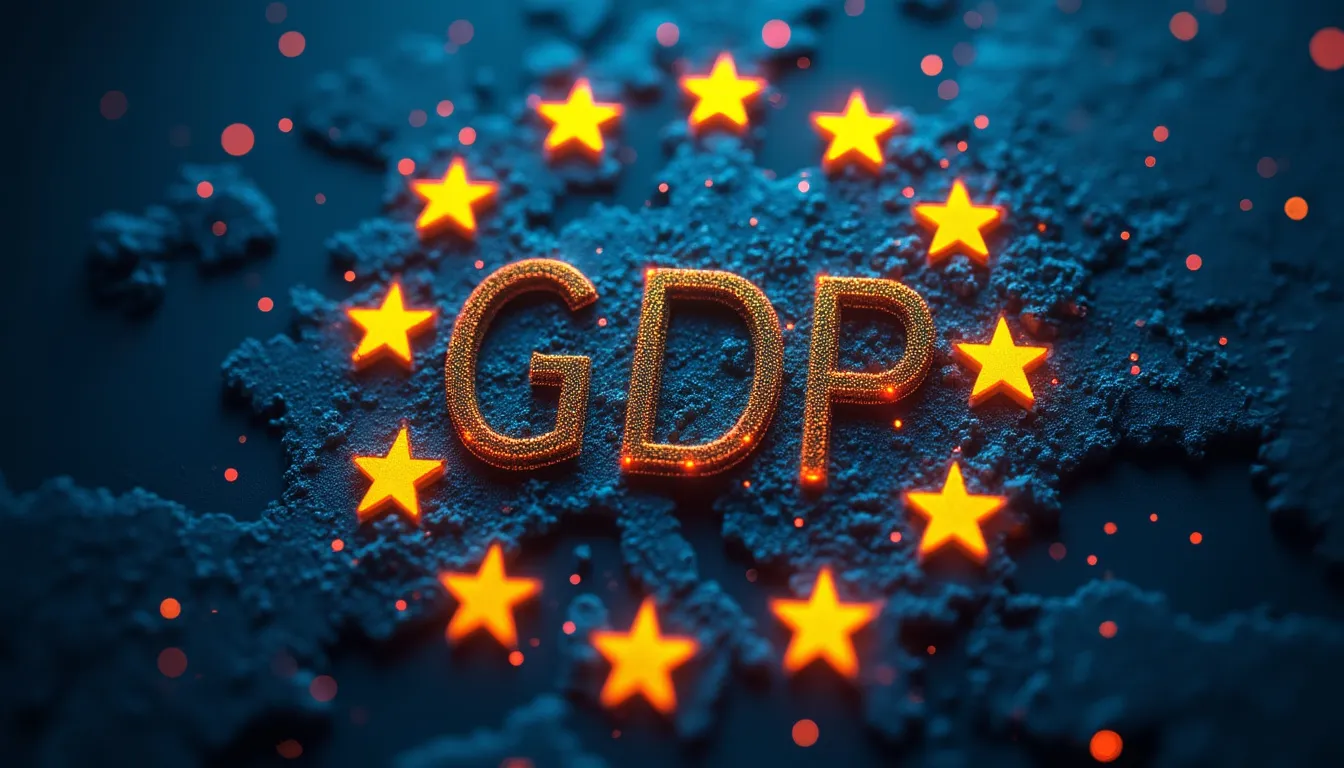Understanding General Data Protection Regulation (GDPR) for Modern Businesses
Whether you are a CEO, an executive leader, or a board member, it’s essential to understand and navigate the complex world of data security and compliance: for your own legal protection, to prevent financial loss, and to maintain the trust of your customers and partners. Central to data protection is the term “General Data Protection Regulation” or GDPR.
1. Definition of General Data Protection Regulation (GDPR)
The General Data Protection Regulation (GDPR) is a set of guidelines for the collection, processing, and security of personal data within the European Union (EU). But don’t let the geographic reference mislead you; any organization worldwide that offers goods or services to EU citizens, or handles data of EU citizens, must abide by these stringent regulations.
2. A Brief History of GDPR
The GDPR officially came into effect on 25th May 2018 replacing the outdated Data Protection Directive of 1995. The regulation was conceived to unify and strengthen data protection and privacy for all individuals within the EU and also addresses the transfer of personal data outside the EU.
Over time, GDPR’s importance has only increased as the digital world continues to evolve at a rapid pace. A rising number of businesses process personal data, increasing the risk of breaches and misuse. Today, a strong understanding of GDPR is thus essential for any company dealing with personal data, no matter how large or small they are or where they are located.
3. Impact of GDPR on Businesses
- Reputational Damage: Failure to comply with GDPR rules can lead to hefty fines and significant reputational damage. For example, in 2018, a major technology company was fined €50 million for lack of transparency in its collection of personal data.
- Financial Impact: GDPR infringement can result in fines up to €20 million, or 4% of the firm’s global annual revenue, whichever is higher. This was the case for a hospitality company in 2019, who had to pay $123 million (approximately 110 million euros) for a data breach.
4. Mitigating Risks Associated with GDPR
Investing in cybersecurity leadership and an effective cybersecurity program can help ensure compliance with GDPR and reduce the risk of data breaches. This includes conducting regular security assessments, encrypting personal data, training staff, and ensuring you have a robust incident response plan in place. Remember, it’s not just about avoiding penalties; it’s about instilling trust in your stakeholders through robust data protection practices.
5. Prepare for GDPR Compliance with Our Expertise
If you’re uncertain about how GDPR affects your business or you want to ensure you’re fully compliant, we’re here to help. Our Fractional CISO services can provide you with hands-on IT security leadership. Our strategic IT security consulting can guide you through the process of achieving and maintaining GDPR compliance. To learn more about our security assessments, strategic consulting, or Fractional CISO services, please get in touch.

